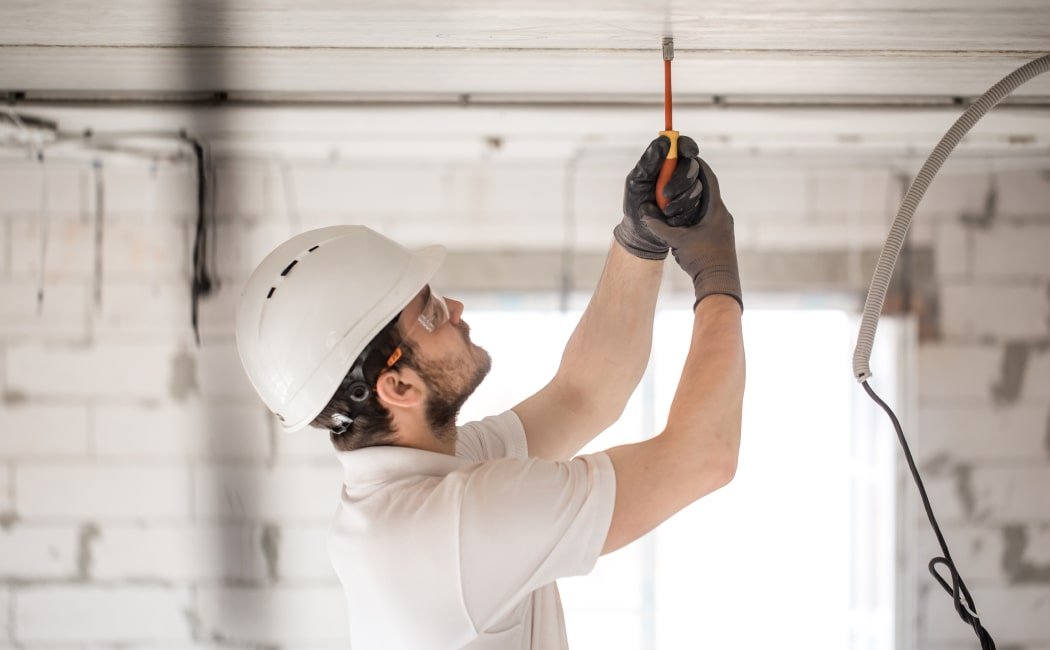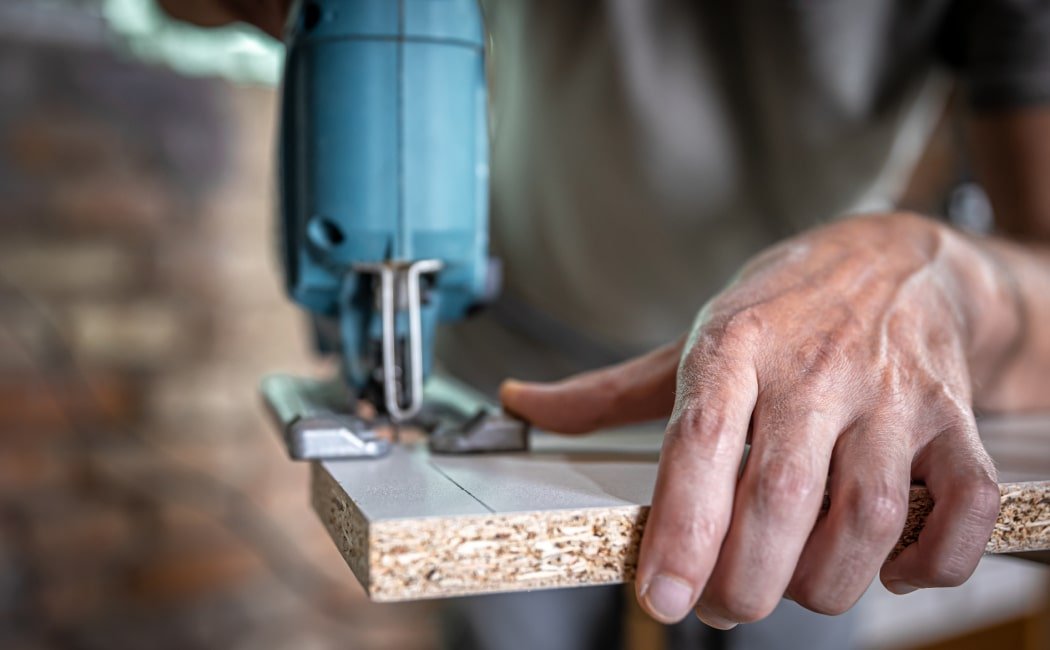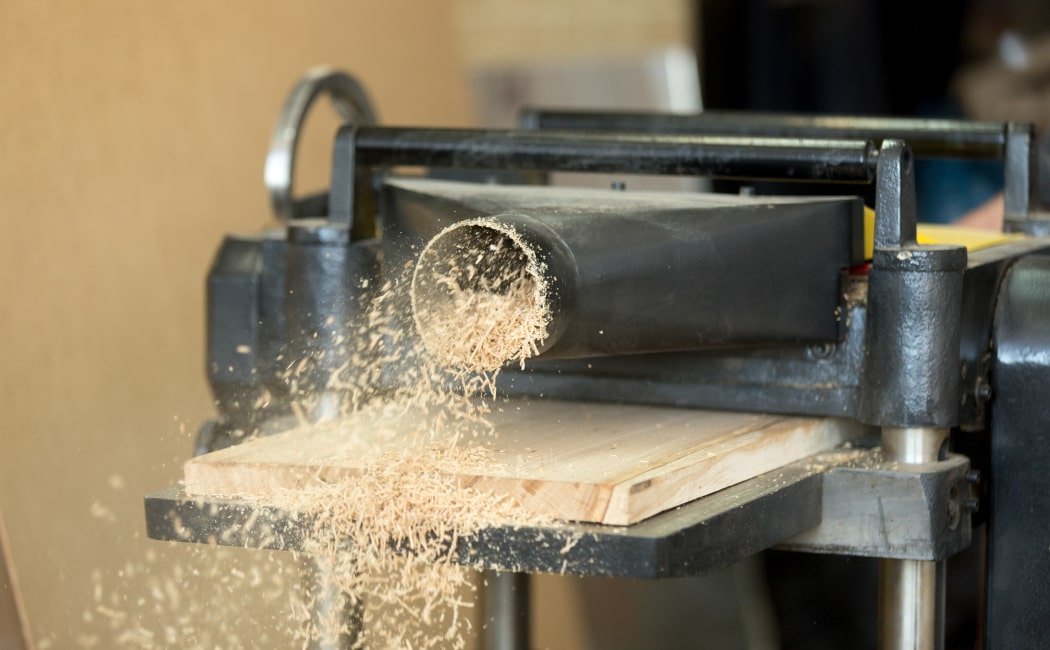Stainless steel fasteners offer several advantages over fasteners made from other materials. Here are some key advantages:
1. **Corrosion Resistance**: One of the most significant advantages of stainless steel fasteners is their exceptional resistance to corrosion. The presence of chromium in the alloy forms a protective oxide layer on the surface, preventing rust and corrosion even in harsh environments, such as marine or industrial settings.
2. **Longevity and Durability**: Stainless steel fasteners have a long lifespan and can withstand exposure to various elements without losing their strength or integrity. They are less likely to degrade over time, reducing the need for frequent replacements and maintenance.
3. **Strength**: Stainless steel fasteners offer excellent mechanical properties, including high tensile strength. They can handle heavy loads and stress without breaking or deforming, making them suitable for critical applications where reliability is essential.
4. **Aesthetic Appeal**: Stainless steel fasteners have a clean, polished appearance that enhances the overall aesthetics of the structures or products they are used in. They are commonly used in applications where appearance matters, such as in architecture, furniture, and automotive industries.
5. **Hygiene and Cleanliness**: Stainless steel is non-porous and easy to clean, making it ideal for applications in the food, medical, and pharmaceutical industries. It resists bacterial growth and maintains sanitary conditions.
6. **Temperature Resistance**: Stainless steel fasteners retain their properties over a wide range of temperatures, making them suitable for both high-temperature and low-temperature applications.
7. **Fire and Heat Resistance**: Stainless steel fasteners maintain their strength and structural integrity even at high temperatures, making them suitable for applications involving exposure to fire or extreme heat.
8. **Non-Magnetic Options**: Some grades of stainless steel are non-magnetic, which is advantageous in applications where magnetic interference is a concern, such as in electronic equipment or MRI rooms.
9. **Environmentally Friendly**: Stainless steel is fully recyclable, making it an eco-friendly choice. Recycling stainless steel does not compromise its properties, and it can be reused without loss of quality.
10. **Low Maintenance**: Due to their corrosion resistance and durability, stainless steel fasteners require minimal maintenance, saving both time and money in the long run.
11. **Wide Range of Grades**: Stainless steel comes in various grades, each offering specific advantages for different applications. This versatility allows users to choose the most suitable grade based on their requirements.
12. **Versatility**: Stainless steel fasteners can be used in diverse applications across industries, such as construction, automotive, aerospace, marine, and more.
Overall, the numerous advantages of stainless steel fasteners make them a popular and reliable choice for various applications where strength, corrosion resistance, and longevity are crucial considerations.
Stainless steel fasteners offer several advantages over fasteners made from other materials. Here are some key advantages:
1. **Corrosion Resistance**: One of the most significant advantages of stainless steel fasteners is their exceptional resistance to corrosion. The presence of chromium in the alloy forms a protective oxide layer on the surface, preventing rust and corrosion even in harsh environments, such as marine or industrial settings.
2. **Longevity and Durability**: Stainless steel fasteners have a long lifespan and can withstand exposure to various elements without losing their strength or integrity. They are less likely to degrade over time, reducing the need for frequent replacements and maintenance.
3. **Strength**: Stainless steel fasteners offer excellent mechanical properties, including high tensile strength. They can handle heavy loads and stress without breaking or deforming, making them suitable for critical applications where reliability is essential.
4. **Aesthetic Appeal**: Stainless steel fasteners have a clean, polished appearance that enhances the overall aesthetics of the structures or products they are used in. They are commonly used in applications where appearance matters, such as in architecture, furniture, and automotive industries.
5. **Hygiene and Cleanliness**: Stainless steel is non-porous and easy to clean, making it ideal for applications in the food, medical, and pharmaceutical industries. It resists bacterial growth and maintains sanitary conditions.
6. **Temperature Resistance**: Stainless steel fasteners retain their properties over a wide range of temperatures, making them suitable for both high-temperature and low-temperature applications.
7. **Fire and Heat Resistance**: Stainless steel fasteners maintain their strength and structural integrity even at high temperatures, making them suitable for applications involving exposure to fire or extreme heat.
8. **Non-Magnetic Options**: Some grades of stainless steel are non-magnetic, which is advantageous in applications where magnetic interference is a concern, such as in electronic equipment or MRI rooms.
9. **Environmentally Friendly**: Stainless steel is fully recyclable, making it an eco-friendly choice. Recycling stainless steel does not compromise its properties, and it can be reused without loss of quality.
10. **Low Maintenance**: Due to their corrosion resistance and durability, stainless steel fasteners require minimal maintenance, saving both time and money in the long run.
11. **Wide Range of Grades**: Stainless steel comes in various grades, each offering specific advantages for different applications. This versatility allows users to choose the most suitable grade based on their requirements.
12. **Versatility**: Stainless steel fasteners can be used in diverse applications across industries, such as construction, automotive, aerospace, marine, and more.
Overall, the numerous advantages of stainless steel fasteners make them a popular and reliable choice for various applications where strength, corrosion resistance, and longevity are crucial considerations.








Leave a reply